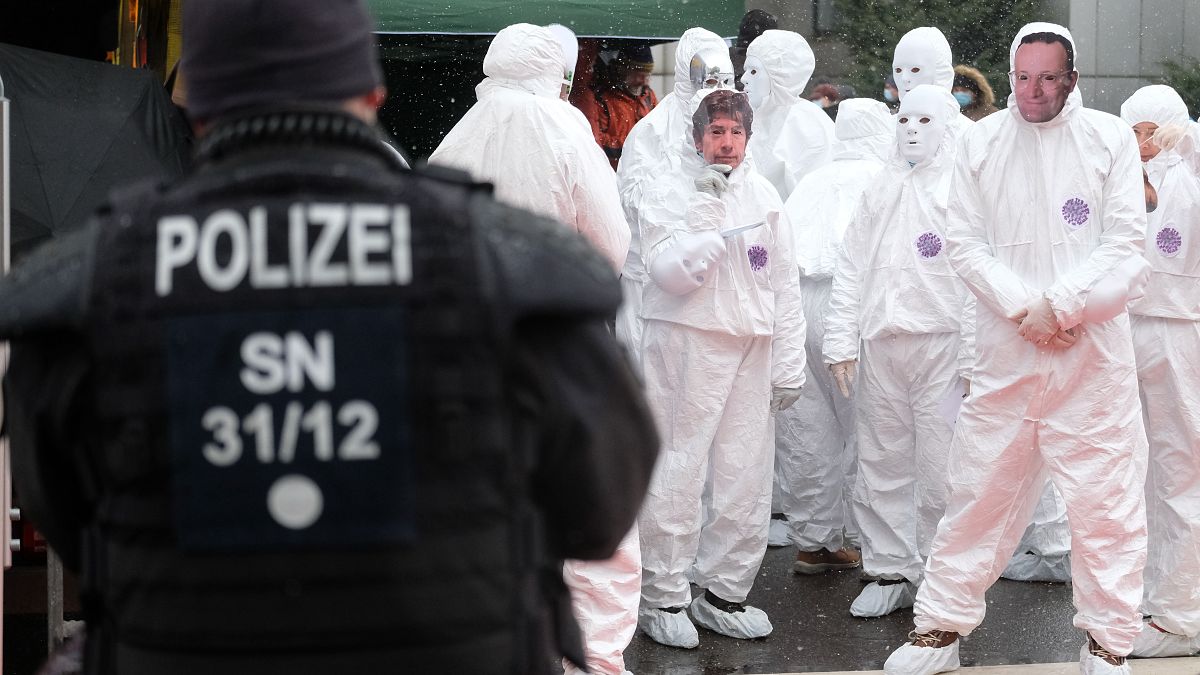The Administrative Court in Baden-Wurttemberg ruled the curfew is no longer warranted because the country's epidemiological situation has improved since it was first imposed in mid-December.
A court in the German region of Baden-Wurttemberg has overturned the nighttime curfew imposed to stop the spread of COVID-19 following an emergency application.
The ruling comes as the federal government is mulling extending the lockdown restrictions in place.
The Administrative Court in Mannheim — halfway between Frankfurt and Stuttgart — ruled in favour of a woman from Tübingen who had filed an emergency application.
It means the nationwide curfew running from 20:00 to 05:00, which was imposed in mid-December, will be lifted in the state on Thursday.
The court said that it was no longer warranted because the country's epidemiological situation has improved with the seven-day incidence rate now at 76 cases per 100,000 population compared to 163 cases for every 100,000 inhabitants on December 12.
The southwestern state of Baden-Wurttemberg, as well as Rhineland-Palatinate and Schleswig-Holstein, currently have the lowest incidence rate of the country's 16 states with 61 cases per 100,000, according to the Robert Koch Institute (RKI).
The court also flagged that in the majority of the region's districts, the seven-day incidence rate is below 50 per 100,000, which is the threshold for nationwide coordinated measures.
It also rejected the state's argument that the "premature" lifting of the curfew could increase the risk of renewed exponential growth, describing it as "too generalized and undifferentiated".
It pointed out that local authorities have the power to impose containment measures, including curfews in districts with a particularly high incidence.
The state government has accepted the ruling, adding that the curfew "has certainly contributed to the fact that the number of new infections in Baden-Württemberg has fallen more than in other landers".
It said it had already been considering "overriding the nationwide regulation" to introduce "an incidence-based regional regulation for a night curfew" that would apply to districts with high incidence rates.
"We will now examine the decision and the reasoning in detail and then determine the conditions under which we can implement the said regional regulation," it added.
The current lockdown is meant to be eased on February 14 but Chancellor Angela Merkel is reportedly in favour of extending restrictions by a further two weeks.
"We have nothing to gain from a premature exit now from the partial lockdown," she told her party's MPs during a meeting on Tuesday, a participant told AFP.
Easing measures now would risk "causing the number of infections to rise again very quickly," she added.
Since the beginning of the pandemic, Germany has recorded 61,675 deaths and over 2 million confirmed cases.
Nearly 2.3 million people have received at least one dose of the vaccine with 981,914 also receiving a second dose.
